
Investors wait and see as property hovers in a range
Developers can hold up well, though.
It has been noted that Hong Kong property is hovering in a range while most investors wait and see.
According to a research note from Jefferies, further, downside risk is marginal if HK raises rates following the U.S, in view of trough sector valuations.
If not, Jefferies believes fund managers have reason to add sector weighting.
Here's more from Jefferies:
CCL -0.32% WoW; 320 primary units sold: CCL fell 0.32% WoW to 139.82, hitting a 35-week low due to reflection of price cuts in the secondary market. The index has dropped c.5% from the peak and the YTD growth has narrowed from 10.9% to 5.6%. Secondary market only registered 4 weekend transactions (-20% WoW) for the Top-10 housing estates.
Developers sold a combined 320 units over the weekend (-36% WoW), with the majority of sales derived from Yuccie Square and Park Vista in Yuen Long. The initial price (after discount) of Park Vista was set c.10% lower than Yuccie Square, signaling intensified price competition amongst the new launches. Noteworthy, the sell-through ratio of the two projects lowered to c.52% from over 80% in the previous batches, implying weakened sentiment due to imminent U.S. rate hike. We believe the secondary market will continue to be sluggish as developers offer favorable prices and mortgage plans to compel buyers.
Strong DXY facilitates normalization of home price: Given the HKD-USD peg, HK home price becomes more expensive to non-local buyers as a result of strengthened USD. Historically, HK home price moved reversely to DXY. In anticipation of rate hike, DXY has surged c.23% since mid-14. Despite a time lag of over 12 months, the softened home price in recent months started to illustrate the impact of suppressed demand from non-local buyers.
We believe the impact of strong DXY will gradually drive the downtrend of the overall asset value in HK. In addition, thanks to appreciation of HKD, core CPI edged down to 2.3% from 3.4% in mid-14 given cheaper imported prices and variables. In our view, lower CPI will narrow the negative real rate so as to reduce incentive to hold property.
Developers can hold up well: Despite the threats of strong DXY to HK home prices, we believe developers will still hold up well given their share values returning to 2011 levels, implying cancellation of c.60% surge in home prices. In addition, while DXY rose c.12% from mid-98 to end-00, developers' share prices also rebounded c.2.2x in the same period mainly due to trough valuation and recovery in market sentiments. With the current valuation of -1.7sd NAV discount lower than -1.6sd NAV discount in mid-98, we believe a strong DXY might not further drag down developers' share prices.
RMB in SDR basket strengthening HK liquidity: Conversion from RMB to HKD has not seen signs of the end with the proof of further RMB weakness (-0.7%) since entering into SDR basket. RMB offshore deposit slid c.5% MoM in Oct, according to the latest figure from HKMA. In sharp contrast, decline in HKD loan and increase in HKD deposit has further lowered the HKD loan-to-deposit ratio by 1ppt MoM to 77.4% in Oct, implying improved HKD liquidity.
We believe concern of a RMB devaluation will encourage investors to park their money in HKD in the short-term, reinforcing the monetary base in the HK banking system. Hence, as we argued before, HK has conditions not to follow the U.S. in the case of a mild rate hike. We regard this as a key reason to appeal to institutional investors (especially MSCI HK specific funds) to increase the weighting in the portfolio for year-end positioning into 2016.
Next FOMC the top focus: Backed by strong U.S. data, investors expect a rate hike in the next FOMC. Apart from removing sector overhang, potential delay of HK rate hike after U.S. liftoff may improve the distressed sentiment which allows developers to buy more time to sell new projects. Key risks 1) unexpected liquidity outflow, 2) fast rate hikes, 3) poor sales.


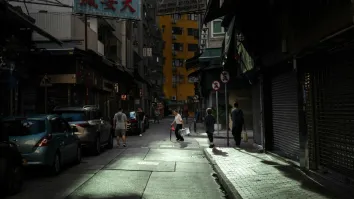
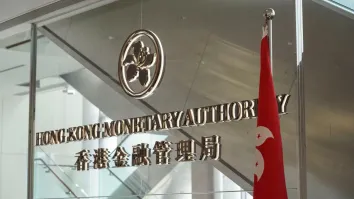

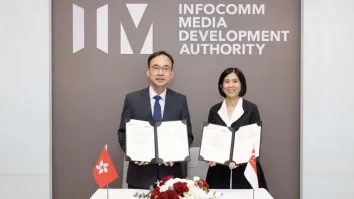
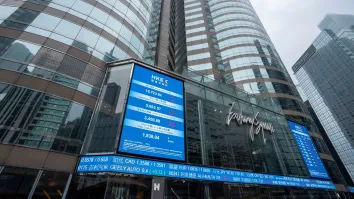



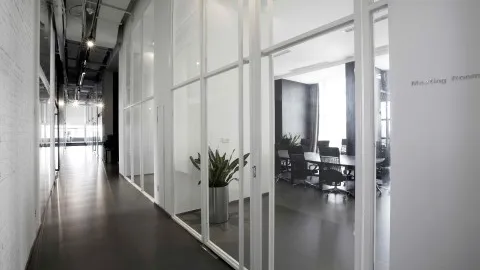




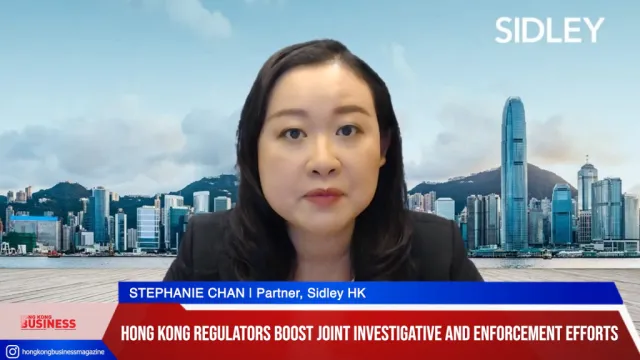
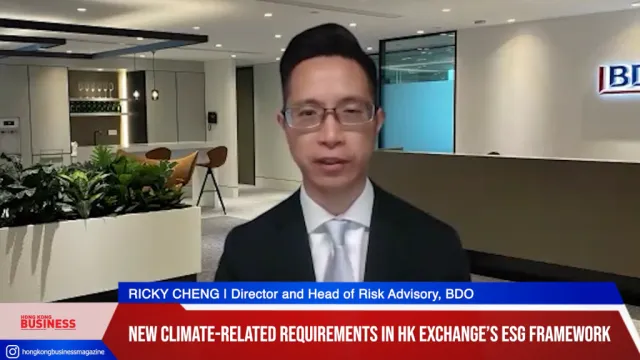
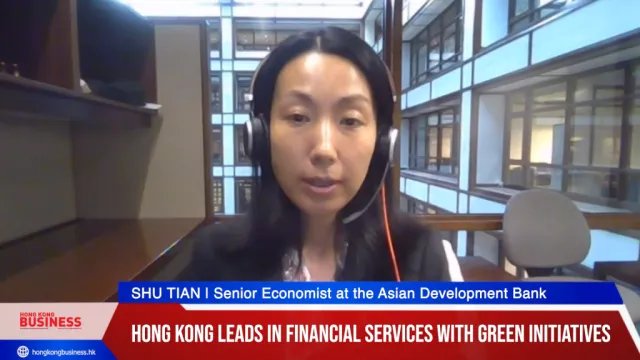

 Advertise
Advertise






